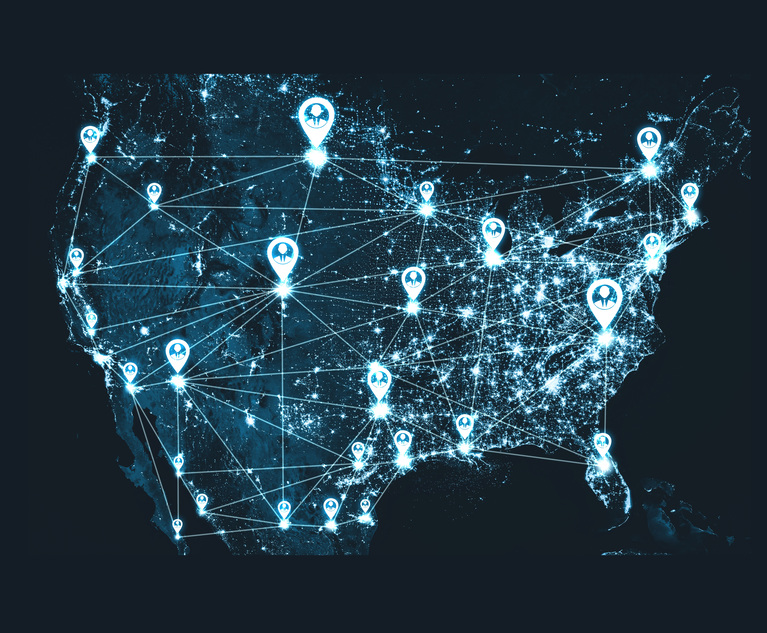In response to the COVID-19 pandemic, and the overwhelming need for medical care and front-line responders, federal and state governments have responded by implementing regulations affording immunity to licensed health-care providers. While the immunity may not prevent a health-care provider from actually being sued for negligence, since public access to courts cannot be limited, it does provide protection for providers to defend against lawsuits. Likewise, the regulations provide immunity from criminal liability in connection with licensure and record-keeping. The goal of the bills is to provide immunity to health-care providers in order to avoid any impediments to the emergency treatment of COVID-19 patients.
Currently, six states, New York, New Jersey, Connecticut, Illinois, Michigan and Massachusetts, have enacted COVID-19 related immunity laws. While each state’s law varies, the immunity generally applies to medical professionals, defined to include broad categories of doctors, nurses, technicians and emergency responders, who are providing COVID-19 related care. Not only is there state law that protects providers, but federal law as well.
This content has been archived. It is available through our partners, LexisNexis® and Bloomberg Law.
To view this content, please continue to their sites.
Not a Lexis Subscriber?
Subscribe Now
Not a Bloomberg Law Subscriber?
Subscribe Now
LexisNexis® and Bloomberg Law are third party online distributors of the broad collection of current and archived versions of ALM's legal news publications. LexisNexis® and Bloomberg Law customers are able to access and use ALM's content, including content from the National Law Journal, The American Lawyer, Legaltech News, The New York Law Journal, and Corporate Counsel, as well as other sources of legal information.
For questions call 1-877-256-2472 or contact us at [email protected]


 Credit: Halfpoint / Shutterstock.com
Credit: Halfpoint / Shutterstock.com




